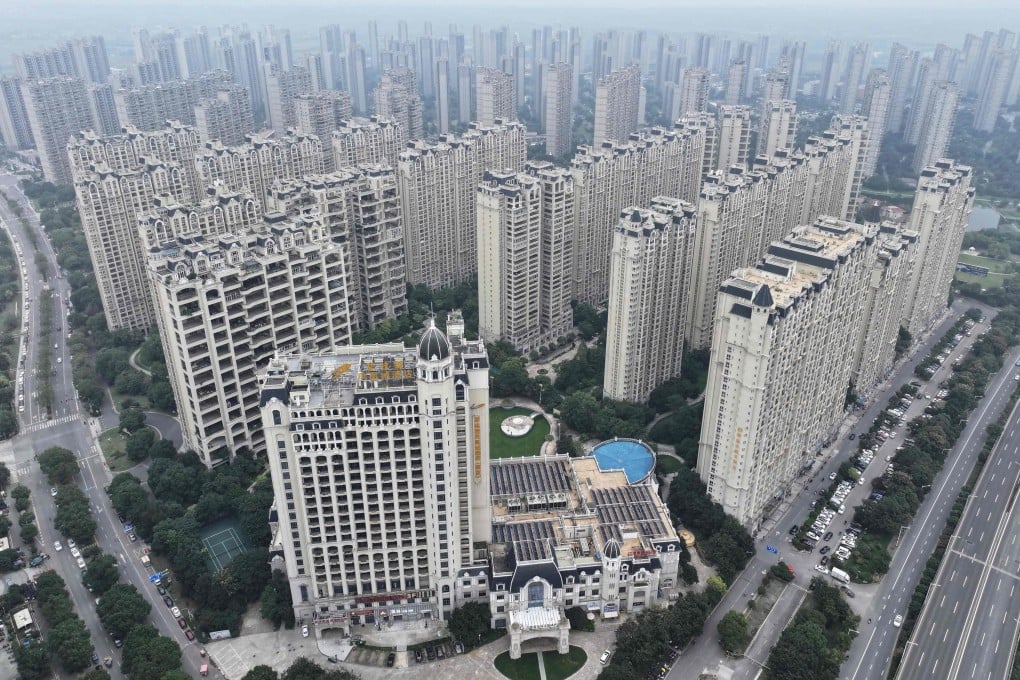Opinion | Unlike Japan, China’s property crisis won’t lead to lost decades
- China’s crisis stems from overenthusiastic investment while Japan’s was a result of speculation and bank profligacy
- To revitalise its economy and calm international jitters, Beijing should look to other industries with higher investment yields, such as the tech sector

But China presents a different story, one that is worth examining in greater detail.
Since around 2017, China has moved to curb its frothy property market, regulating prices to prevent excessive fund inflows even as the supervision of banks tightened. In line with this policy direction, average home prices have generally trended lower, particularly since August 2021.
But the construction boom also created a massive property sector, estimated to now account for as much as 23 per cent of China’s GDP. This boom has since peaked and offers diminishing returns, especially in small and medium-sized cities. The result: China has the capital stock of a developed economy – its housing space per person, for instance, is 430 square feet, as much as in Germany or Japan – but not the income.
